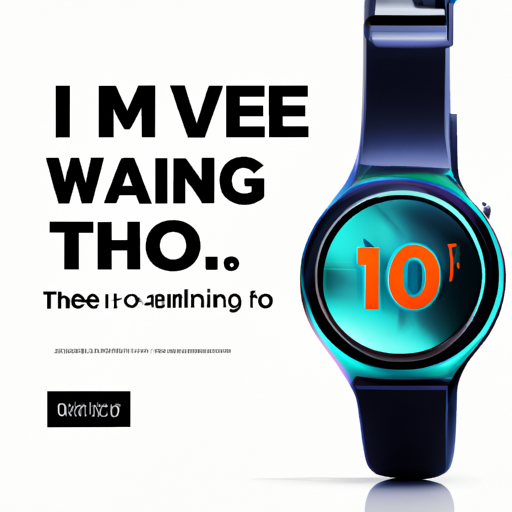2023-08-24 08:43:50
 Get a Free Speed Boost on Your Internet Connection: The One Surprising Trick Virgin Media Users Need to Try Now
Get a Free Speed Boost on Your Internet Connection: The One Surprising Trick Virgin Media Users Need to Try NowRevolutionary Brain-Computer Interfaces Restore Speech for Two Women
Exciting breakthroughs in the field of brain-computer interfaces (BCIs) are giving hope to individuals who have lost their ability to speak due to paralysis. Two recent studies have demonstrated the potential of AI and BCIs in helping paralyzed individuals regain their ability to communicate effectively.
 Is your Wi-Fi speed being murdered? The common mistake all BT broadband users must check today
Is your Wi-Fi speed being murdered? The common mistake all BT broadband users must check todayStudy 1: Restoring Speech Post Stroke
In a remarkable study conducted by the University of California San Francisco (UCSF) and the University of California Berkeley, the power of BCIs was showcased. Ann, a woman who had been left paralyzed and unable to speak following a brain stem stroke, participated in the study. The researchers implanted 253 electrodes on the surface of Ann's brain, focusing on areas critical for speech. Through extensive training and the use of AI algorithms, Ann's unique brain signals for speech were recognized and translated into audible words. The study's results were a significant advancement towards achieving FDA-approved systems to restore full communication for paralyzed individuals.
 A Disturbing Bug in a Popular Android App Has Led Google to Take Drastic Action: Check Your Phone Now!
A Disturbing Bug in a Popular Android App Has Led Google to Take Drastic Action: Check Your Phone Now!Study 2: Helping ALS Patients Speak
Another groundbreaking study conducted by Stanford University focused on Pat Bennett, a woman living with amyotrophic lateral sclerosis (ALS). The team developed a brain-computer interface that detected Bennett's attempts to speak. An AI algorithm decoded the electronic signals from Bennett's brain, allowing her thoughts to be transformed into spoken English. This study offers tremendous hope for individuals who have lost their ability to produce intelligible speech due to ALS.
 Phones LTD Offers Samsung S23 Ultra EE Deals with Complimentary Galaxy Watch5
Phones LTD Offers Samsung S23 Ultra EE Deals with Complimentary Galaxy Watch5A Promising Future Ahead
Both studies recorded impressive decoding rates, with Stanford achieving 62 words per minute and UCSF achieving 78 words per minute. While these results are truly groundbreaking, there is still room for improvement as both studies reported an error rate of over 20%. Nevertheless, the researchers and participants remain optimistic, emphasizing that the current advancements are significant improvements over previous research. The ultimate goal is to make this transformative technology easily accessible to individuals who are nonverbal, enabling them to stay connected to the world and maintain important relationships.
 Discover the Samsung S23 Ultra EE Deals with Phones LTD: Don't Miss the Chance to Receive a Complimentary Galaxy Watch5!
Discover the Samsung S23 Ultra EE Deals with Phones LTD: Don't Miss the Chance to Receive a Complimentary Galaxy Watch5!✨ ️
Thank you for taking the time to read this remarkable news. To explore more fascinating articles, visit our home page. And don't forget to join our Telegram channel at https://t.me/LifeRecharged for similar uplifting stories.
If you would like to know other articles similar to Discover how cutting-edge brain-computer interfaces restore the power of speech in two remarkable women updated this year 2025 you can visit the category Breaking Tech News.


Leave a Reply